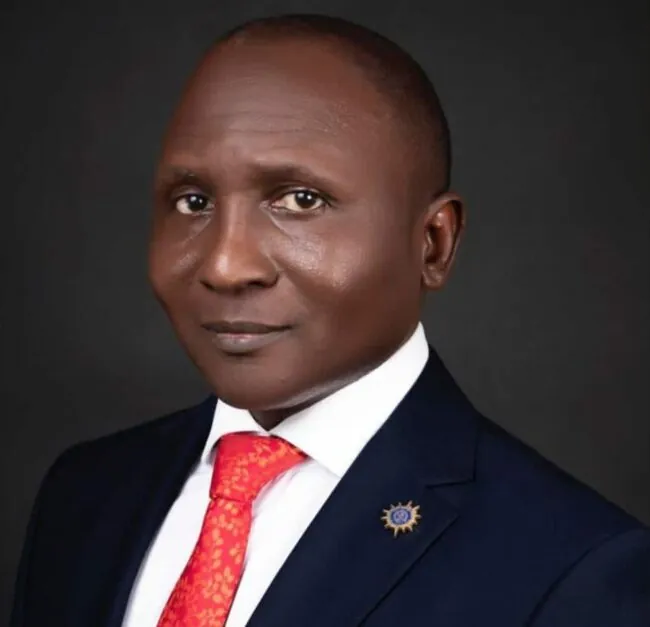Members of the House of Representatives Committee on Basic Education and Examination Bodies have called for the immediate resignation of the Registrar of the West African Examinations Council (WAEC), Dr. Amos Dangut, following a wave of controversies surrounding the conduct of the 2025 Senior Secondary Certificate Examination (SSCE) in several states.
The demand came during an investigative hearing on Monday, where lawmakers expressed disappointment over WAEC’s handling of the examinations. The session was prompted by public outcry and reports of compromised exam papers allegedly printed by outsourced vendors.
Lawmakers, including Hon. Bolt Osawuru and Hon. Amobi Ogah, openly criticized Dr. Dangut’s explanation of the events, accusing him of failing to take full responsibility for the situation. They questioned the credibility of the examination, which in some states was reportedly delayed or conducted under questionable circumstances.
Dr. Dangut, in his defence, apologized to Nigerians and explained that the issues began just three days before the exams were scheduled to commence. He claimed WAEC took urgent action to contain the damage, including replacing compromised materials and deploying new logistics strategies. However, these last-minute efforts resulted in widespread delays in some centres.
“My absence was necessary to ensure we restored order in the remaining exam papers,” Dr. Dangut said. “The situation was unfortunate, but our interventions prevented further compromise. Regrettably, this led to the late start of exams in several locations.”
Despite his explanation, lawmakers remained unconvinced. Hon. Abiante pressed the registrar with direct questions, even asking him if he had ever written WAEC exams himself and what year. When asked if any other West African country conducts exams at midnight, Dr. Dangut admitted, “I am not aware of any to the best of my knowledge.”
The lawmakers questioned the integrity of the entire examination process, raising concerns about the use of under-resourced vendors and inadequate logistics. They also demanded to know whether results from affected centres would be validated or adjusted, to which Dr. Dangut responded that the decision would rest with examiners, but that the council still considered the exams credible on a national scale.
He cited multiple logistical failures during the exam period, including a vehicle breakdown in Taraba State and access denial in a local community, which contributed to delayed paper deliveries.
Hon. Oforji, another committee member, described the situation as a “moral failure” and emphasized that the damage to public trust in the education system must not be repeated.
“This is a matter of integrity,” he said. “Nearly two million Nigerian students took this exam. The implications are far-reaching, and the public is not satisfied.”
The lawmakers also discussed the possibility of convening a national conference to reassess the validity of Computer-Based Testing (CBT) for future exams, especially as many rural areas lack the infrastructure needed to support such digital platforms.
As of press time, Dr. Dangut remains in office, though the pressure from lawmakers and the public appears to be mounting.





